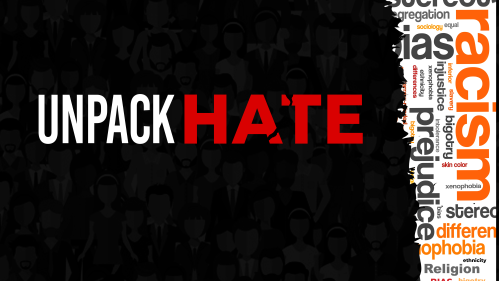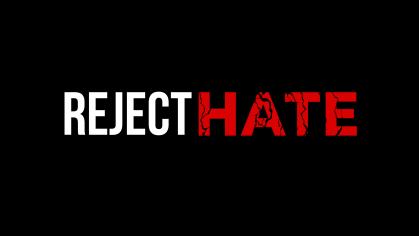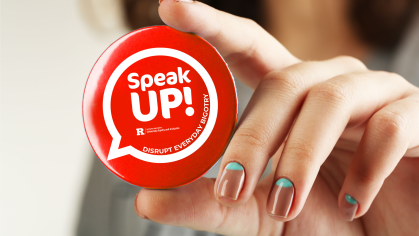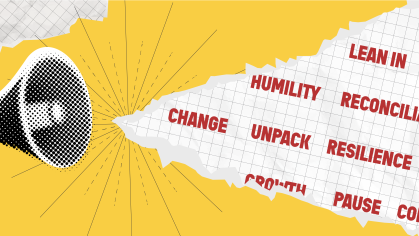
Antisemitism
Education as Disruption Resource Guide
To effectively combat hate, we must start by unpacking its causes.
Education as disruption is an invitation to choose to be curious about what underpins hate and bias.
Why Do We Hate?
"The reasons are complex, but following are some of the factors that may play a role in helping us understand hate and, hopefully, work toward change."
- Allison Abrams, The Psychology of Hate
- Fear of "The Other"
- Fear of Ourselves
- Lack of Self-compassion
- It fills a void
- Social and Cultural Factors
Hatred has to be learned, which means it can be unlearned. University Equity and Inclusion curated these resources to help you learn about antisemitism.
Accordion Content
-
A Very Brief Guide to Antisemitism by T’ruah
An Introduction to Antisemetic Tropes by Get the Trolls Out!
Antisemitism Uncovered: A Guide to Old Myths in a New Era by ADL (Anti-Defamation League)
Handling Rising Antisemitism on Campuses (2023) by PEN America
The New Antisemitism by Noah Feldman in TIME
Accordion Content
-
Anti-Judaism: The Western Tradition by David Nirenberg
Jews Don’t Count by David Baddiel
Antisemitism: Here and Now by Deborah E. Lipstadt
(((Semitism))) Being Jewish in America in the Age of Trump by Jonathan Weisman
Accordion Content
-
What is Antisemitism? by the United States Holocaust Memorial Museum
History of Antisemitism by the United States Holocaust Memorial Museum
How Antisemitism Fuels White Nationalism by PBS News
Accordion Content
-
Antisemitism Education Resource Library by Facing History and Ourselves
Teaching Materials on Antisemitism and Racism by United States Holocaust Memorial Museum
Antisemitism Uncovered Toolkit by The Anti-Defamation League
Guide to Identifying Antisemitism in Debates About Israel by The Nexus Project
Understanding at its Nexus with Israel and Zionism by The Nexus Project
Remaining silent as hate rises has consequences. We must speak up!
Hateful acts aim to intimidate and hinder our goals of an inclusive community.
We reject hatred and call on all members of our community to offer respect in words and actions toward each other, especially when we disagree — that is the difference between being in proximity and being in a community.


